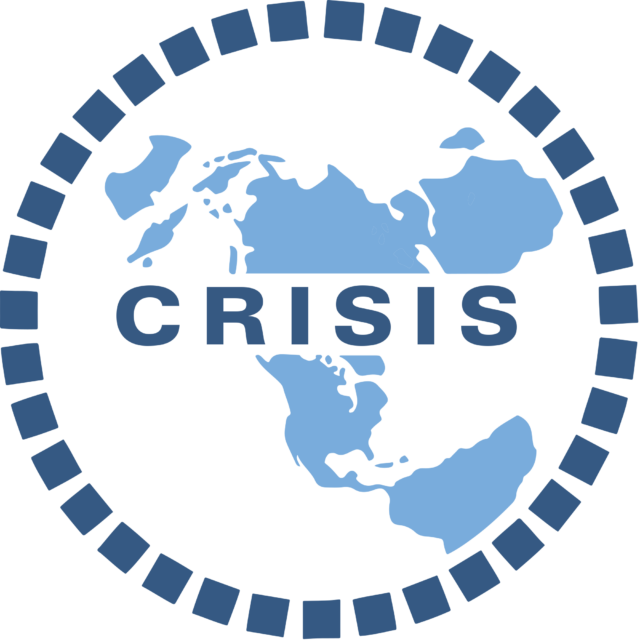Committee Overview
The Parliamentary Assembly of Bosnia and Herzegovina enacts laws, approves the budget, and decides on state financing. Its functioning is often compromised by political deadlock or ethnic ties. Delegates in committee will each represent elected parliamentarians from across political and ethnic lines. The Party of Democratic Action (SDA) advocates for a unitary system of government, promoting Bosnian national identity over ethnic divisions. It is the traditional Bosniak nationalist party. Newer parties like the People and Justice Party (NiP) and the People’s European Alliance (NES) also receive support from ethnic Bosniaks but are specifically reformist and anti-corruption. More civic-oriented parties like the Social Democratic Party (SDP BiH) emphasize cross-ethnic cooperation and EU integration, and the Democratic Front (DF) supports constitutional reform to reduce ethnic division. Other parties, like Naša stranka (Our Party) focus on progressive social values, civic identity, and human rights. The Croatian Democratic Union of Bosnia and Herzegovina (HDZ BiH) is a Christian democratic party that champions Croat autonomy and opposes electoral reforms that might diminish its influence. Serb-majority parties like the Alliance of Independent Social Democrats (SNSD) combine Serb nationalism with populism and promote Republika Srpska (RS) autonomy. The Serb Democratic Party (SDS) is a more traditional nationalist party. The political divide in the Parliamentary Assembly generally falls between ethnic-based parties and civic or reformist parties. These differences also relate to the debate about the country’s future.
Topic: Reevaluating Power-Sharing Structures and National Unity
Tensions between the constituent ethnicities and governments of Bosnia and Herzegovina are quickly reaching a boiling point. Bosnia’s Parliamentary Assembly was established in 1995 after the signing of the Dayton Peace Agreement. This agreement ended the bloody and violent Bosnian War and created the modern Bosnian state. The country is actually a union of two governments—Bosniak- and Croat-led the Federation of Bosnia and Herzegovina and the Serb-led Republika Srpska. These two governments act like very autonomous states or provinces. Additionally, the national Parliamentary Assembly is also designed to reflect the country’s ethnic power-sharing structure, with two-thirds of members representing Bosniaks and Croats from the Federation and the remaining third representing Serbs. Maintaining political unity amid such a complex government is challenging. Today, however, these challenges are escalating rapidly. With secessionist calls from Republika Srpska to separate from the country, the Parliamentary Assembly now faces increasing pressure to address political fragmentation and the country’s own legitimacy. Combined with economic struggles, failing infrastructure, discussions over EU accession, and international involvement in domestic affairs, the Parliamentary Assembly must now decide how to respond to these challenges. Maintaining peace and rebuilding public trust for the future of Bosnia and Herzegovina will be key in committee.

